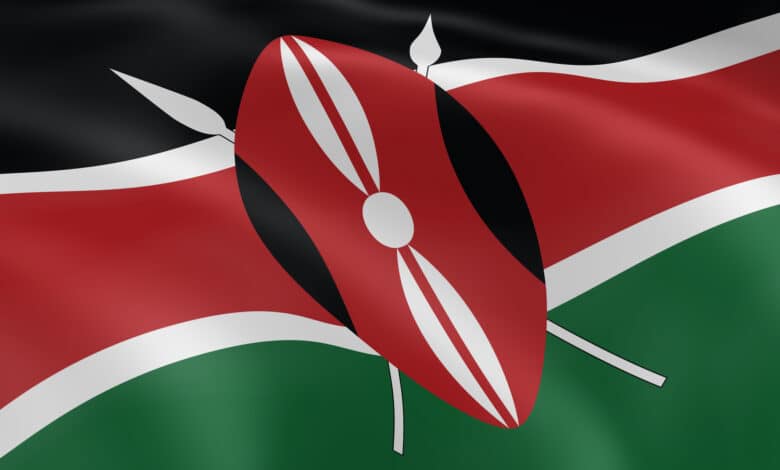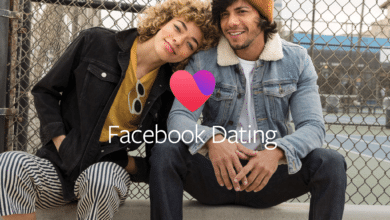
Facebook has come in for a lot of criticism in Kenya. The reason for this is an advertising permit for various ads that spread hate and incitement in the already divided country. Now the social network is threatened with a ban throughout the country.
Threat of temporary shutdown of Facebook
One has to wonder what the Meta subsidiary was thinking with its recent behavior in Kenya. In any case, it did not remain consequential. Indeed, the social network has now become the addressee of a blocking threat. The focus is on Facebook’s advertising behavior. The National Commission for Cohesion and Integration of the African country criticizes that meanwhile ads with hate and agitation have been allowed on the social network. Some of these are said to endorse the genocide of other population groups. This is exceedingly questionable, especially with elections coming up soon in a few days. Facebook’s behavior comes from a report by Gizmodo and is the next negative headline within a few days when it comes to content on the platform. For example, just a few days ago we reported that parent company Meta may want to allow misinformation about Covid-19 again.
Striving for peaceful coexistence
The National Cohesion and Integration Commission has been trying for years to ensure peaceful coexistence within Kenya. This is also necessary in view of the most diverse population groups. Even today, there are regular conflicts involving parts of the 45 different tribes. Unfortunately, hatred and agitation between the various tribal members is commonplace. Especially shortly before and during an election, the barrel always threatens to overflow. This makes it all the more dangerous when a social network allows corresponding advertisements. Now, Facebook cannot be accused of overlooking problematic ads in their entirety.
For example, Facebook apparently regularly took action against hate speech when it involved texts in English. But the focus was often, unfortunately, not on the content that was being criticized. Instead, linguistic errors meant that it was not possible to report the content immediately. After correction, these were then allowed to be placed without any problems. According to the National Commission for Cohesion and Integration, Facebook has thus clearly violated Kenyan law. Now the social network has a week to remove the hate speech ads and prevent future ones.
Self-imposed ad ban until election day?
To play it safe, Frances Haugen, a famous whistleblower and former employee at Facebook had come up with an idea. Working with the National Commission for Cohesion and Inclusion, he asked the social network to simply stop running ads in Kenya altogether until the August 09, 2022 elections are successfully over. As this is just under a week away, the idea should be anything but bad and certainly purposeful. If only to avoid high fines and not to damage its own reputation, Facebook should probably rather do this. Just recently, Meta had to pay a whopping 650 million US dollars in damages in the USA.



